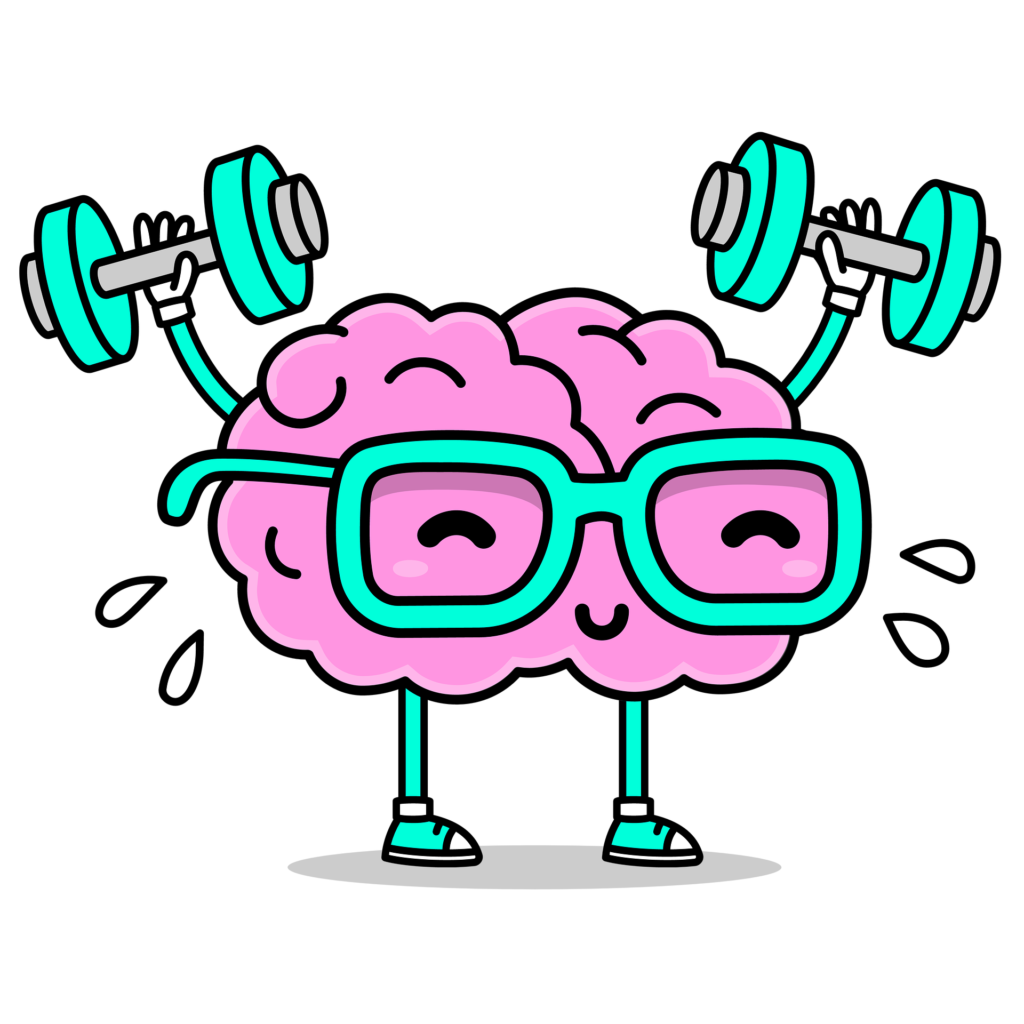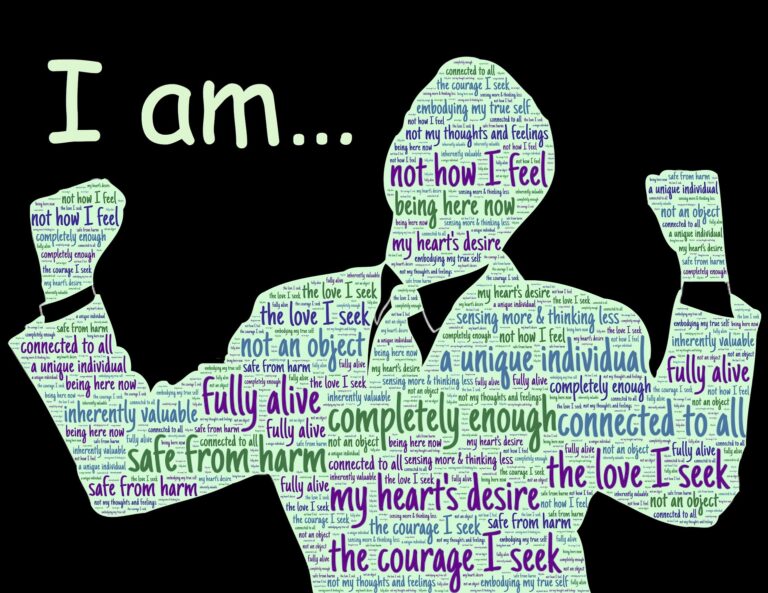
Cognitive Behavioral Therapy for Mental Wellness In The Workplace
Cognitive Behavioral Therapy (CBT) is a popular and evidence-based form of psychotherapy that helps individuals manage various emotional and behavioral issues. It is a short-term, goal-oriented approach that focuses on the present rather than delving into the past.
CBT is based on the idea that our thoughts, feelings, and behaviors are interconnected. When we experience negative thoughts or cognitive distortions (irrational beliefs), they can lead to negative emotions and unhelpful behaviors. CBT aims to identify and challenge these unhelpful thoughts and replace them with more balanced and rational ones, ultimately improving emotional well-being and behavior.
Some key components of CBT include cognitive restructuring (identifying and changing unhelpful thoughts), behavioral activation (engaging in rewarding and enjoyable activities), and problem-solving (developing effective strategies for coping with life’s challenges). These techniques can be applied to a wide range of issues, such as depression, anxiety, stress, and relationship problems.
CBT is typically conducted in individual or group settings and can be adapted to various age groups and cultural backgrounds. It is often a time-limited therapy, with clients typically attending sessions for a few weeks or months. Due to its practical and structured nature, CBT can be an effective and empowering tool for those seeking to improve their quality of life.
Cognitive-behavioral therapy in the workplace
Cognitive-behavioral therapy (CBT) can be useful in corporate environments in several ways, including:
- Managing stress and anxiety: CBT can help employees develop coping strategies for managing stress and anxiety in the workplace. This can lead to increased productivity, improved job satisfaction, and reduced absenteeism.
- Addressing work-related problems: CBT can help employees identify and address work-related problems, such as interpersonal conflicts, low morale, or difficulty adjusting to change. By working through these issues, employees can improve their performance and job satisfaction.
- Improving communication skills: CBT can help employees improve their communication skills, which is essential for effective teamwork and leadership. By learning how to communicate effectively, employees can better understand their colleagues, express themselves clearly, and resolve conflicts.
- Enhancing resilience: CBT can help employees develop resilience, which is the ability to bounce back from setbacks and challenges. This can be particularly useful in high-pressure corporate environments where employees may face constant stress and demands.
Overall, CBT can help create a more positive and productive corporate environment by improving employee mental health, communication, and problem-solving skills.
Can CBT be practiced without a therapist?
Yes, it is possible to practice cognitive-behavioral therapy (CBT) techniques without a therapist. CBT is a type of therapy that focuses on changing negative thought patterns and behaviors that contribute to psychological distress, and it has been shown to be effective for a wide range of mental health conditions.
Here are some ways to practice CBT techniques on your own:
Identify negative thoughts: The first step in CBT is to identify negative thoughts or beliefs that may be contributing to your distress. This can involve paying attention to your thoughts and writing them down when you notice negative patterns.
Challenge negative thoughts: Once you have identified negative thoughts, you can begin to challenge them. This can involve asking yourself questions such as, “Is this thought based on facts or assumptions?” or “What evidence do I have to support this thought?” This process can help you identify more realistic and balanced ways of thinking.
Reframe negative thoughts: After challenging negative thoughts, you can work on reframing them in a more positive and realistic way. This can involve finding alternative explanations or reframing negative beliefs in a more positive light.
Practice relaxation techniques: CBT often includes relaxation techniques such as deep breathing or progressive muscle relaxation. These techniques can help reduce physical symptoms of stress and promote relaxation.
Set goals: Setting realistic and achievable goals can help you stay motivated and track progress in addressing negative thought patterns and behaviors.
While practicing CBT techniques on your own can be helpful, it is important to note that working with a trained therapist can provide additional support, guidance, and accountability. A therapist can also help you identify and address underlying issues that may be contributing to your distress. Please note that the Elevated Program does not provide medical advice and is not a substitute for mental health therapy.
For Further Reading
The Elevated Team Program utilizes various techniques borrowed from CBT. For further reading, here are some of the most important books on Cognitive-Behavioral Therapy (CBT) with links to where you can buy them:
- “Feeling Good: The New Mood Therapy” by David D. Burns – This book is considered a classic in the field of CBT, and provides practical advice and exercises for managing depression and anxiety. You can purchase it on Amazon at https://www.amazon.com/dp/0380810336.
- “Mind Over Mood: Change How You Feel by Changing the Way You Think” by Dennis Greenberger and Christine A. Padesky – This book is a comprehensive guide to CBT techniques, and provides practical tools for managing a wide range of emotional problems. You can purchase it on Amazon at https://www.amazon.com/dp/1462520421.
- “The Cognitive Behavioral Workbook for Anxiety: A Step-By-Step Program” by William J. Knaus – This book provides a step-by-step program for managing anxiety using CBT techniques. You can purchase it on Amazon at https://www.amazon.com/dp/1626250158.
- “CBT Made Simple: A Clinician’s Guide to Practicing Cognitive Behavioral Therapy” by Nina Josefowitz and David Myran – This book provides a simple and practical guide to CBT techniques for clinicians. You can purchase it on Amazon at https://www.amazon.com/dp/1626254471.
- “Cognitive Behavioural Therapy For Dummies” by Rhena Branch and Rob Willson – This book provides an easy-to-understand introduction to CBT for the general public. You can purchase it on Amazon at https://www.amazon.com/dp/1118663136.
Additionally, there are dozens of important journal articles published on the effectiveness of CBT. Here are some of the most important evidence-based journal articles that show tangible benefits in using CBT, along with links for downloading them:
- “Cognitive-Behavioral Therapy for Adult Anxiety Disorders: A Meta-Analysis of Randomized Placebo-Controlled Trials” by Otto et al. (2004) – This meta-analysis of randomized controlled trials found that CBT is an effective treatment for adult anxiety disorders. You can download the article from the Journal of Clinical Psychiatry website: https://www.ncbi.nlm.nih.gov/pubmed/15323597.
- “Cognitive-Behavioral Therapy for Depression: A Meta-Analysis” by Cuijpers et al. (2013) – This meta-analysis of randomized controlled trials found that CBT is an effective treatment for depression. You can download the article from the Journal of Consulting and Clinical Psychology website: https://www.ncbi.nlm.nih.gov/pubmed/23477428.
- “Cognitive Behavioral Therapy for Insomnia: A Systematic Review and Meta-Analysis” by Morin et al. (2006) – This meta-analysis of randomized controlled trials found that CBT is an effective treatment for insomnia. You can download the article from the Annals of Internal Medicine website: https://www.ncbi.nlm.nih.gov/pubmed/17116922.
- “Cognitive-Behavioral Therapy for Schizophrenia: A Review and Meta-Analysis” by Pilling et al. (2002) – This meta-analysis of randomized controlled trials found that CBT is an effective treatment for schizophrenia. You can download the article from the British Journal of Psychiatry website: https://www.ncbi.nlm.nih.gov/pubmed/12466514.
- “Cognitive-Behavioral Therapy for Posttraumatic Stress Disorder: A Systematic Review and Meta-Analysis” by Lee et al. (2016) – This meta-analysis of randomized controlled trials found that CBT is an effective treatment for posttraumatic stress disorder (PTSD). You can download the article from the JAMA Psychiatry website: https://www.ncbi.nlm.nih.gov/pubmed/27249088.
- “Cognitive Behavioral Therapy for Panic Disorder: A Systematic Review and Meta-Analysis” by Mitte (2005) – This meta-analysis of randomized controlled trials found that CBT is an effective treatment for panic disorder. You can download the article from the Journal of Anxiety Disorders website: https://www.ncbi.nlm.nih.gov/pubmed/15894415.
- “The Efficacy of Cognitive Behavioral Therapy: A Review of Meta-Analyses” by Butler et al. (2006) – This review of meta-analyses found that CBT is an effective treatment for a wide range of psychological disorders. You can download the article from the Clinical Psychology Review website: https://www.ncbi.nlm.nih.gov/pubmed/16380104.
- “The Efficacy of Cognitive Behavioral Therapy: A Review of Empirical Evidence” by Hofmann et al. (2012) – This review of empirical studies found that CBT is an effective treatment for a variety of psychological disorders, including anxiety, depression, and PTSD. You can download the article from the Psychological Science in the Public Interest website: https://www.ncbi.nlm.nih.gov/pubmed/26173219.
- “Cognitive Behavioral Therapy for Eating Disorders: A Systematic Review and Meta-Analysis” by Linardon et al. (2018) – This meta-analysis of randomized controlled trials found that CBT is an effective treatment for eating disorders. You can download the article from the International Journal of Eating Disorders website: https://www.ncbi.nlm.nih.gov/pubmed/29582512.
- “Cognitive Behavioral Therapy for Social Anxiety Disorder: A Systematic Review and Meta-Analysis” by Mayo-Wilson et al. (2014) – This meta-analysis of randomized controlled trials found that CBT is an effective treatment for social anxiety disorder. You can download the article from the Journal of Clinical Psychiatry website: https://www.ncbi.nlm.nih.gov/pubmed/24717352.






